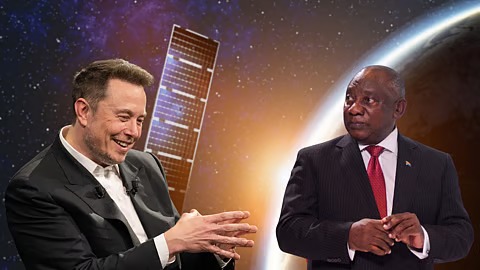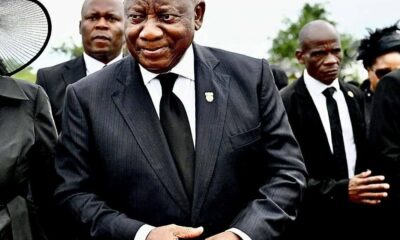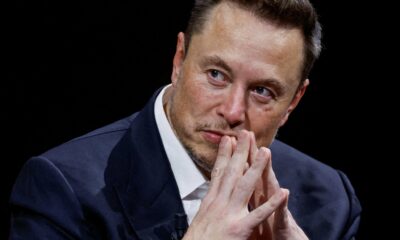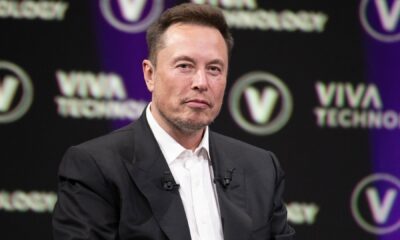Business
Starlink backs South Africa’s BEE but challenges ICASA’s rules

When Elon Musk’s Starlink set its sights on South Africa, many wondered whether the global internet giant would embrace the country’s complex empowerment laws or try to sidestep them. The company has now made its stance clear: it fully supports Broad-Based Black Economic Empowerment (BEE), but it says ICASA’s ownership rules are out of step with national legislation.
Starlink’s South African promise
SpaceX, Starlink’s parent company, has committed R500 million towards free internet facilities for 5,000 rural schools. This move, part of the government’s equity equivalent investment programmes (EEIPs), is meant to bring global players into South Africa’s digital economy without forcing them to hand over equity stakes. It mirrors contributions made by companies like Amazon and Microsoft, which have invested in infrastructure and skills development programmes.
The pledge has been widely welcomed, particularly in rural provinces where internet access remains patchy and expensive. For many communities, Starlink’s satellite connectivity could finally help bridge South Africa’s stubborn digital divide.
The ICASA hurdle
But despite this goodwill, SpaceX has raised concerns about ICASA’s requirements for telecoms licences. Under current rules, licensees must be registered in South Africa, qualify as at least level 4 BEE contributors, and ensure 30% ownership by historically disadvantaged groups.
Starlink argues the first two conditions are reasonable and align with the ICT Sector Code. The sticking point is the 30% ownership rule, which SpaceX says ICASA has applied in an overly rigid way. According to the company, this creates legal uncertainty and contradicts the broader BBBEE Act, which recognises empowerment as much more than just equity.
In its submission, SpaceX stressed that South African law allows ICASA to impose “ownership or such other conditions.” Parliament itself, in a 2014 amendment, shifted the focus from narrow ownership quotas to a more integrated view of empowerment, including skills development, procurement, community ownership, and enterprise support.
A bigger picture of empowerment
Starlink’s case is that empowerment is multi-dimensional. Training, job creation, and investment in Black-owned businesses are just as vital as ownership stakes. By aligning with the ICT Sector Code, SpaceX argues, ICASA could provide consistency and encourage more foreign investment.
Policy experts note that South Africa has wrestled with this tension for years. The balance between safeguarding local control of critical infrastructure and attracting foreign capital is a tricky one. With internet access so central to economic growth, this debate is not just regulatory fine print; it is about who gets to shape South Africa’s digital future.
What it means for South Africa
On social media, reactions are divided. Some praise Starlink’s school investment pledge as a meaningful step towards equality, while others caution that global companies must not dictate terms to regulators. For many, the R500 million promise is a welcome boost, but they also want to see strong oversight to ensure delivery.
For now, the ball is in ICASA’s court. If the regulator aligns its ownership rules with the ICT Sector Code, Starlink could finally beam high-speed satellite internet into the country. If not, South Africa risks losing out on a service that could transform rural education and digital access.
What is clear is that Musk’s Starlink has planted its flag firmly in South Africa’s policy debate, and the outcome could reshape the country’s connectivity landscape.
Also read: Beitbridge Border May Soon Have a New Toll Plaza: What Travellers Need to Know
Follow Joburg ETC on Facebook, Twitter, TikTok and Instagram
For more News in Johannesburg, visit joburgetc.com
Source: MyBroadband
Featured Image: BizNews



























